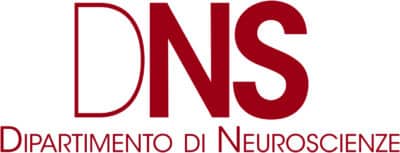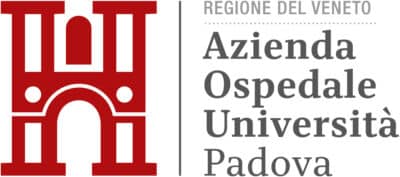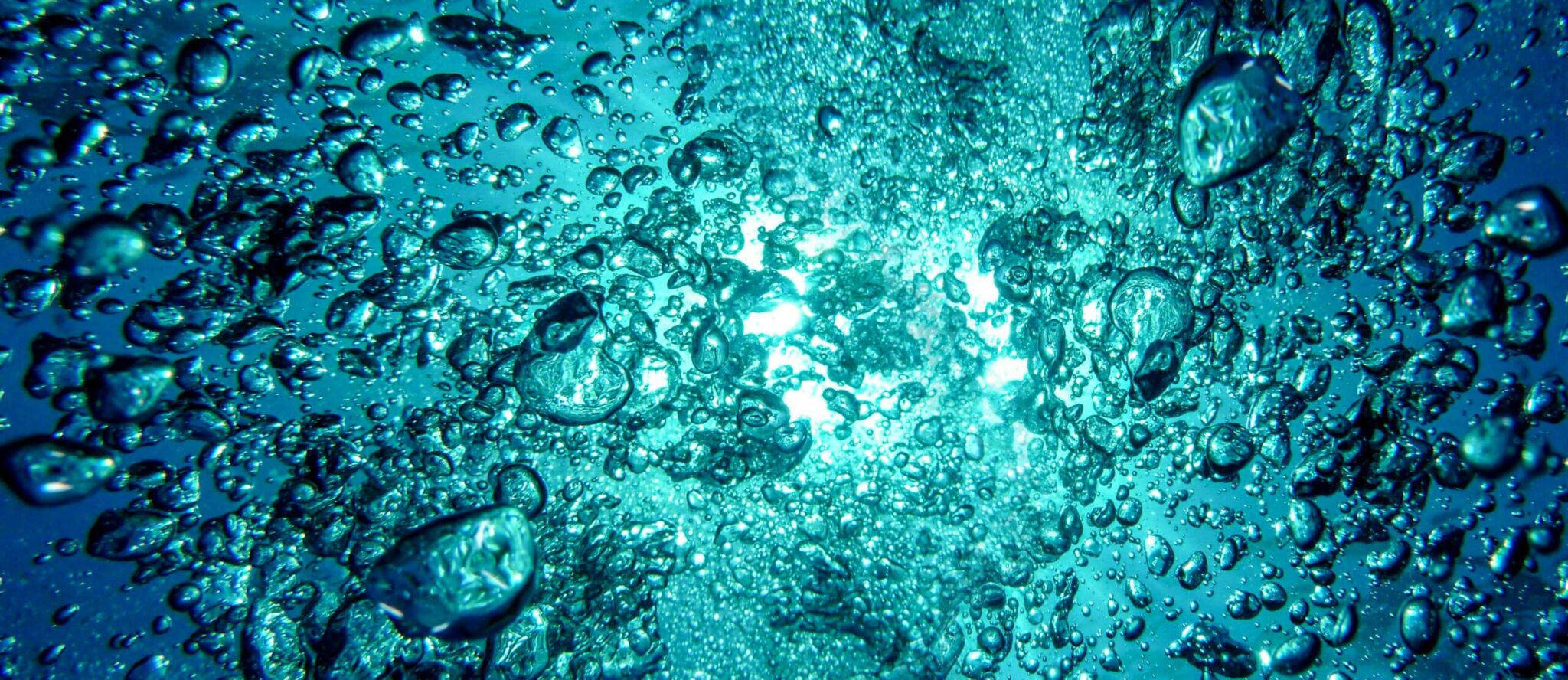

The two-year Level II Master’s Program in Rehabilitation in Thermal Environments and Medicine of Wellness and Lifestyle enables professionals to acquire interdisciplinary knowledge and skills across various areas of prevention, rehabilitation, and wellness medicine.
Specifically, the Master’s program aims to train healthcare professionals capable of applying a new model based on thermal and rehabilitative medicine, with preventive, therapeutic, wellness-maintaining goals, and the reduction of pharmacological burden.
In an evolving healthcare landscape, the Master promotes an integrated approach to health by combining natural resources, rehabilitative techniques, healthy and sustainable lifestyles, and innovative personalized interventions. The thermal environment is emphasized as a fundamental natural resource to improve quality of life and promote longevity.
The Level II Master’s Program in Rehabilitation in Thermal Environments and Medicine of Wellness and Lifestyle offers advanced training that integrates traditional and innovative approaches in physical and rehabilitative medicine, thermal therapies, prevention, and wellness. The program is distinguished by its focus on the use of natural resources to optimize treatments.
Moreover, the Master prepares professionals to manage personalized treatments in outpatient settings, including thermal facilities, incorporating new technologies to enhance the effectiveness of therapeutic care. This multidisciplinary training path addresses the growing demand for health approaches oriented towards overall wellness and improved quality of life.
The Level II Master’s Program in Rehabilitation in Thermal Environments and Medicine of Wellness and Lifestyle is aimed at professionals holding one of the following degrees (or equivalent): single-cycle Master’s degree in Medicine and Surgery, Master’s degree in Biology, Master’s degree in Cognitive Sciences, Master’s degree in Sports Science and Techniques, Master’s degree in Preventive and Adaptive Motor Activities Science and Techniques, Master’s degree in Rehabilitation Health Professions, Master’s degree in Technical Health Professions, Master’s degree in Prevention Health Professions, Master’s degree in Nutrition Science.
The Master trains healthcare professionals capable of managing complex patients by adopting an innovative health approach based on the integration of prevention, rehabilitation, and wellness medicine, as well as knowledge of innovative outpatient settings.
Thanks to its interdisciplinary framework, the Master offers numerous professional opportunities, preparing participants to work in thermal facilities, rehabilitation centers, specialized clinics, prevention centers, research institutes, and facilities dedicated to integrated and wellness medicine.
The Level II Master’s Program in Rehabilitation in Thermal Environments and Medicine of Wellness and Lifestyle offers in-depth training on the following thematic modules:
Module 1 – HYDROGEOLOGY: Introduction to medical hydrology and in vitro and in vivo mechanisms of thermal waters.
Module 2 – GEOCHEMISTRY AND MICROBIOLOGY: Hydrogeology and microbiota of thermal waters.
Module 3 – PREVENTIVE MEDICINE AND LIFESTYLE: Preventive exercise and the role of sport in wellness.
Module 4 – PHYSICAL AND REHABILITATIVE MEDICINE: Rehabilitation in thermal environments, physical therapies, manual medicine, infiltrative therapies, and hydro-kinesiotherapy.
Module 5 – NUTRITION SCIENCE: Nutrition and lifestyle.
Module 6 – PHARMACOLOGY IN PHYSICAL AND REHABILITATIVE MEDICINE: Pharmacology applied to rehabilitation and wellness.
Module 7 – MEDICINE AND BIOTECHNOLOGY: Nutraceuticals.
Module 8 – REHABILITATION OF THE PATIENT WITH CARDIOPULMONARY DISEASE: Preventive and rehabilitative management of patients with cardiopulmonary conditions.
Module 9 – MEDICINE AND HEALTH SCIENCES: Biopsychosocial and epistemological management of pain and complementary medicines.
Module 10 – REHABILITATIVE MEDICINE: Management and prevention of upper airway problems in thermal environments.
Module 11 – REHABILITATION OF THE GERIATRIC PATIENT: Physiology of aging and longevity.
Module 12 – REHABILITATION OF THE PATIENT WITH RHEUMATOLOGICAL DISEASE: Preventive and rehabilitative management of patients with musculoskeletal and rheumatologic diseases.
Module 13 – REHABILITATION OF THE NEUROLOGICAL PATIENT: Preventive and rehabilitative management of patients with neurological disabilities.
Module 14 – REHABILITATION OF THE ONCOLOGICAL PATIENT: Rehabilitative management of patients with oncological disabilities.
Module 15 – THERMAL MEDICINE: Management of dermatological issues and skin aging.
Module 16 – PRINCIPLES OF CLINICAL RESEARCH METHODOLOGY: Research methodology in rehabilitation.
Module 17 – SCIENCE AND TECHNOLOGY: New technologies in healthcare and thermal medicine.
Module 18 – MANAGEMENT: Economic, legal, and regulatory aspects of thermal medicine.
Module 19 – THERMAL MEDICINE AND PREVENTION: Hydrotherapy and prevention.
Module 20 – HEALTH PSYCHOLOGY: Psychology of wellness and rehabilitation.
The Master’s program stands out for its highly innovative approach, training professionals capable not only of addressing the consequences of existing diseases but, above all, of acting in an integrated manner to counteract the decline of physical well-being and ensure a significant improvement in quality of life, including through the use of natural resources.
In an era marked by the aging of the global population, adopting strategies for healthy aging—with particular attention to well-being—is more important than ever. Maintaining an optimal psycho-physical balance is, in fact, one of the fundamental elements to ensure successful aging.
Within this context, the Master offers a unique preparation that integrates primary and secondary prevention, improving not only rehabilitation but also the effectiveness of preventive interventions that target the various systems of the human body. The integrated approach of thermal medicine, wellness, and healthy lifestyles enables proactive responses to future challenges, promoting overall health and well-being.
Therefore, the Master trains professionals capable of shifting the paradigm of care by focusing on prevention as a tool for social and healthcare transformation and on well-being as the ultimate outcome.
The Master’s educational path consists of lectures, laboratories, and internships. Lectures are delivered online and recorded by the instructors to be made available as study materials on a dedicated digital platform for the entire duration of the Master’s program. Students therefore have the opportunity to follow the lectures in a self-managed way and without limits on the number of views (within the overall time frame of the program).
To complement the lectures, laboratory activities are organized as an integral part of the training path. Additionally, internships are planned in dedicated facilities and hospital wards.
The general ranking of merit will be published on the Italian page of this Master according to the timing provided in the Call.
Information
FAQ
There will be a final written and oral exam.
Yes, the lessons are recorded, so they can be followed remotely, without any visualization limit.
Each video will be available for the entire Course duration (2 years).
Yes, students must attend at least 70% of all the course hours.
No, the Second-Level Short Specialisation Degree does not offer any scholarship.

